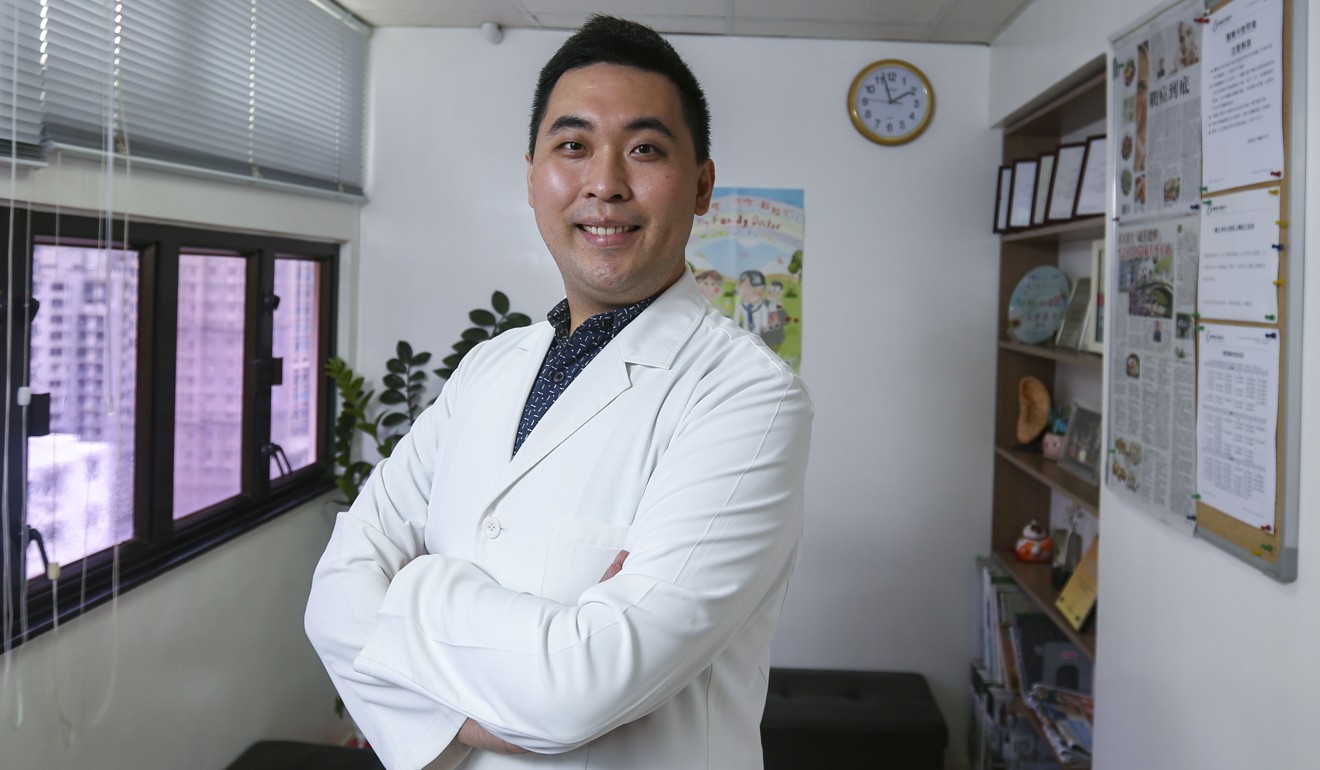
Hong Kong acupuncture team bringing pain relief to 10,000 sufferers in Southeast Asia’s remote communities
NGO Chinese Medicine for All is led by practitioner Dennis Au Cheuk-wing, who has been nominated for a Spirit of Hong Kong Award
For chronic pain sufferers in remote or underdeveloped parts of Southeast Asia, treatments such as acupuncture can be hard to come by.
The courses, provided by Chinese medicine practitioner Dennis Au Cheuk-wing and colleagues, are an integral part of their volunteer work with the charity.
The team believe the best way to help people is by giving them the tools to help themselves.

Au is one of the nominees in the Post’s Spirit of Hong Kong Awards this year. He has been put forward by The Light of Raphael, in the Community Contribution category, which honours groups or individuals who give back and help those less fortunate.
The co-founder of the organisation said his team was made up mainly of recent Chinese medicine graduates.
Spanish woman dies after acupuncture session that used live bees instead of needles
When they arrived in the Philippines in 2009, they found considerable demand for acupuncture treatment, as many people in poverty-stricken areas were manual workers prone to chronic pain.
Au believes acupuncture is effective in treating that pain. Local practitioners could be a major benefit to the community, he said.
The team entered talks with local NGOs and began organising courses for aspiring acupuncturists.
Since 2009, members have flown regularly to an array of locations to provide traditional Chinese medicine services and training.
The six-month courses, which cover theory and clinical technique, had been well-received, he added.
So far the organisation has trained about a dozen community acupuncturists and provided treatment for more than 10,000 people across Southeast Asia.
How acupuncture helped Chinese and US researchers pinpoint a new asthma drug
Au said he was glad to see traditional Chinese medicine gaining acceptance in other parts of the world.
He was also encouraged by the fact their volunteer work had made a positive impact on people’s lives.
“As I was away from Hong Kong, I had an opportunity to reflect,” he said of the experience.
Back in Hong Kong, Au has also participated in activities to help young drug users. Hundreds of young people have benefited from his volunteer work in the city.

